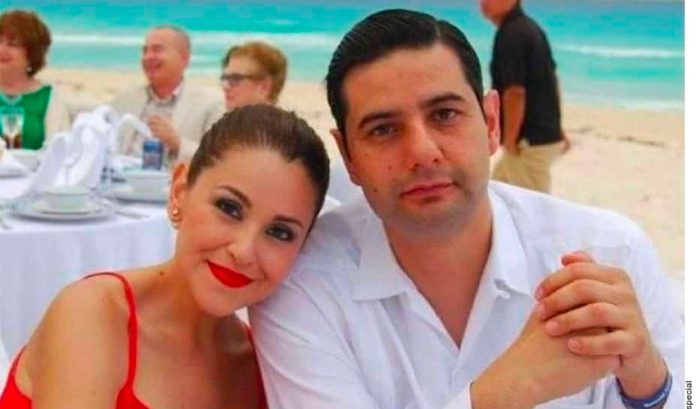A series of assassinations of high-profile public figures in Colima marks the latest manifestation of violence in one of Mexico’s smallest yet deadliest states — a dubious honor attributable to Colima’s location along the territorial fault lines dividing Mexico’s most powerful cartels.
Colima, with a population of less than one million, has topped Mexico’s murder per capita list every year since 2016. In 2019, the state finished with a rate of 97 homicides per 100,000 residents — far outpacing Baja California, which had the second-highest rate at 80 homicides per 100,000 residents.
This year, Colima has registered more femicides than any other state. It’s also one of five states that accounted for more than 50% of the clandestine mass graves exhumed during the presidency of Andrés Manuel López Obrador.
The coastal state was once considered one of Mexico’s safest and most desirable vacation spots. Its murder rate in 2015 was one-third of what it is now.
Accompanying this rise in violence has been a series of brazen and public murders of high-profile political and social leaders in Colima.
On June 16, hitmen fired more than 20 shots in the killing of Uriel Villegas Ortiz, a Colima federal judge, and his wife, Verónica Barajas, in the state’s capital city. Villegas had delivered judgments in several cases involving top Jalisco New Generation Cartel (CJNG) and Sinaloa Cartel leaders.
Two weeks before that, authorities discovered the body of Colima congresswoman Anel Bueno in an unmarked grave. She had been abducted more than a month earlier by a group of armed men in broad daylight as she partook in an event to promote a new sanitation project amid the coronavirus pandemic.
Villegas and Bueno are just two of at least a dozen public figures assassinated in Colima since 2010 — a list that includes lawyers, ministry officials and the state’s former governor.
InSight Crime analysis
The key to understanding violence in Colima is its location along invaluable drug trafficking routes.
Manzanillo, the state’s largest town and main port, serves as an arrival point for chemical precursors from Asia and a transit point for drugs moving towards the United States and Europe, according to Mexican journalist and organized crime expert Óscar Balderas.
Some of the largest cocaine seizures in Mexican history have taken place in the Pacific port city.
“The port of Manzanillo is one of the most active and coveted ports for the drug cartels,” Balderas told InSight Crime in a text message.
When Colima first began its downward spiral in 2016, Manzanillo was also at the center. A spike in homicides then was attributed to a three-way power struggle between the Sinaloa Cartel, the CJNG and Los Zetas over Colima’s coastal trafficking routes.
The violence also seemed to coincide with internal Sinaloa Cartel turmoil in the absence of its kingpin, Joaquín Guzmán Loera, alias “El Chapo.” This strife allowed the CJNG to make gains in Colima, according to Balderas.
The result was 206 homicides in the first four months of 2016, up from 44 across the same four months in 2015.
Since then, Mexico’s criminal landscape has become more fractured, birthing smaller cells that have resorted to extreme violence in pursuit of territory and legitimacy — a phenomenon that has made its way to Colima, too.
Citing official documents from the federal government’s security cabinet, Excélsior and Colima Noticias reported in February the presence of at least four different criminal groups in Colima.
According to the reports, the CJNG struck an alliance in 2019 with former members of the nearly defunct Arellano Félix Organization from Tijuana, who are now acting as Jalisco enforcers in Colima under the new name Tijuana New Generation Cartel (CTNG).
At the same time, a group called Los Troyanos, an armed wing of the Nueva Familia Michoacana, has also allegedly been operating in Colima. Sinaloa Cartel elements are also believed to have a presence in the state.
This fragmented criminal scene has collided with political instability, according to security analyst Alejandro Hope. Colima has swung for a different political party in each of the last three presidential elections and cycled through eight governors in the last 20 years.
“Colima has kind of plateaued at this very high level of violence,” Hope told InSight Crime. “It’s not clear if it’s organized crime violence or political violence, or a combination.”
Reprinted from InSight Crime. The author is a journalist, researcher and student on an internship at InSight Crime, a foundation dedicated to the study of organized crime.
